With growing regulatory and visa barriers and an uncertain political environment in the United States, many international students and scholars are looking for alternatives. Asia is seen as a potential “haven” for global talent.
In early July, at the 120th anniversary celebration of the National University of Singapore (NUS), Singapore’s Foreign Minister Vivian Balakrishnan stressed: “Singapore is ready to become a place that welcomes outstanding global minds.” He mentioned the openness, tolerance and scientific spirit, the fundamental factors that make NUS a “place” for global talent.
But the message has not been without controversy. Local scholars, such as Associate Professor Ja Ian Chong of NUS, have questioned the practicality of the call. The closure of Yale-NUS, once a symbol of the “Global School” policy, in 2021 and its replacement by a new college focused primarily on Singaporean students, has cast doubt on the island nation’s commitment to internationalization.
Although there are about 73,000 foreign students holding visas in Singapore, the lack of transparency about nationality and selection criteria has led many scholars to believe that Singapore is only aiming for “strategic talent” instead of being fully open.
Unlike Singapore, Hong Kong, China has taken more concrete and swift actions. Immediately after the Trump administration announced the revocation of Harvard University’s admission to international students, the Hong Kong University of Science and Technology (HKUST) immediately sent out “invitations” to affected international students.
This initiative is not just symbolic. HKUST reported receiving nearly 200 transfer requests, a 40% increase over the same period last year. Six students with acceptance letters from Harvard were accepted, most of them from China and Pakistan.
Not only HKUST, other public universities in Hong Kong also recorded more than 850 transfer requests from students affected by “sudden policy changes”, especially from the US.
Hong Kong, with its international education system and English as the main language of instruction, is gradually establishing itself as a true academic destination. It is a quality and flexible option for global students.
South Korea, represented by the prestigious Yonsei University, has just announced a new transfer system for international students whose studies in the US have been interrupted. Starting from the first semester of 2026, this program opens the door for second and third year students to transfer to Seoul if they meet academic and legal conditions.
In addition, Yonsei University also plans to coordinate with American universities so that students can study temporarily in Korea but still have their credits recognized from the main school. Korea's strategy not only responds quickly to the crisis, but also demonstrates its ability to coordinate internationally and adjust educational policies to attract talent.
Asia can become a haven for global talent, but to truly retain and nurture talent, countries in the region need to move from a “strategic talent selection” mindset to a “comprehensive academic ecosystem” mindset. This requires a long-term commitment to quality education, academic freedom, and flexible immigration policies.
Source: https://giaoducthoidai.vn/chau-a-san-sang-don-nhan-tai-post739289.html


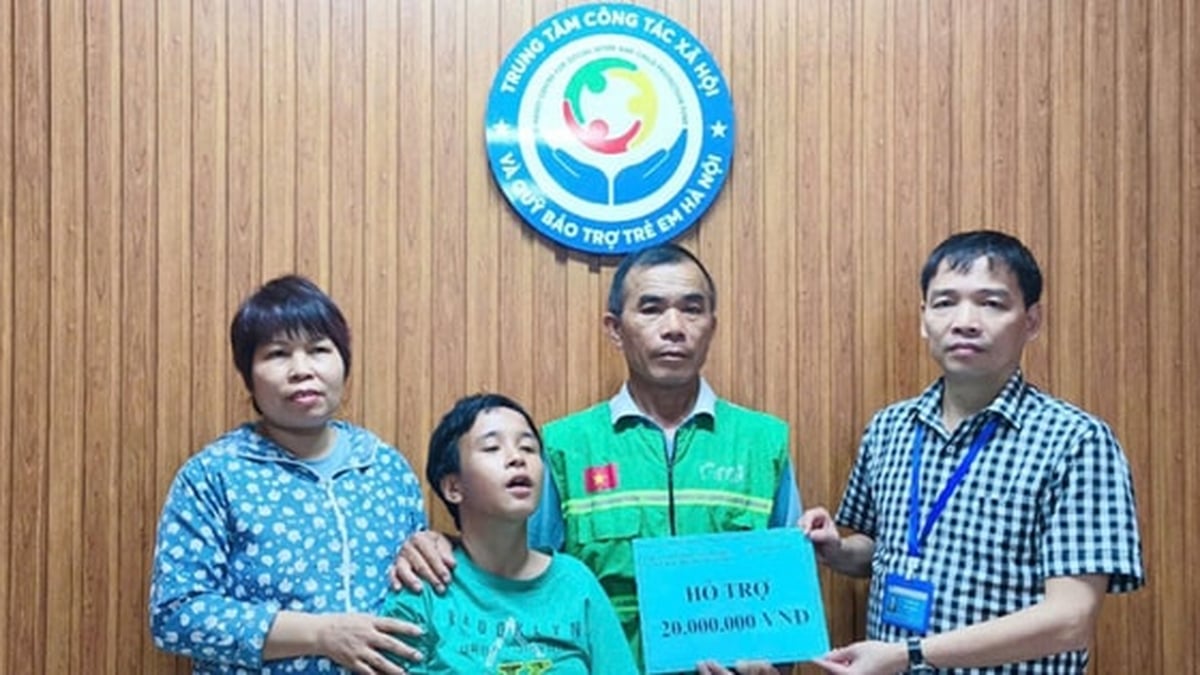
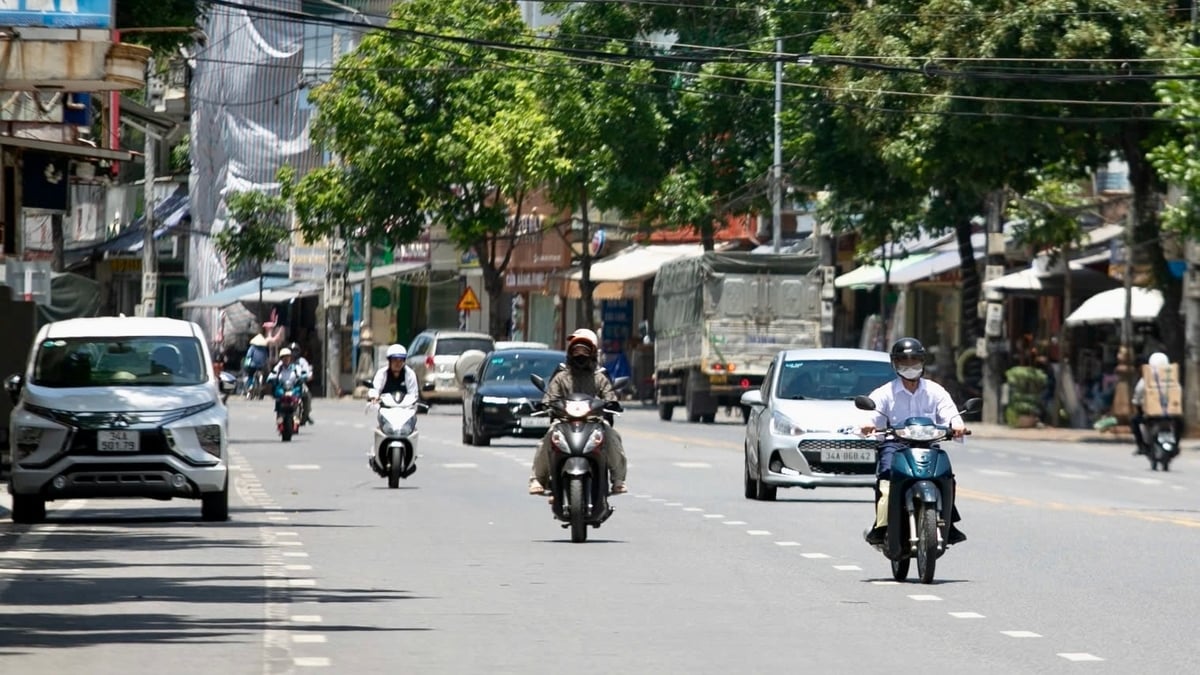
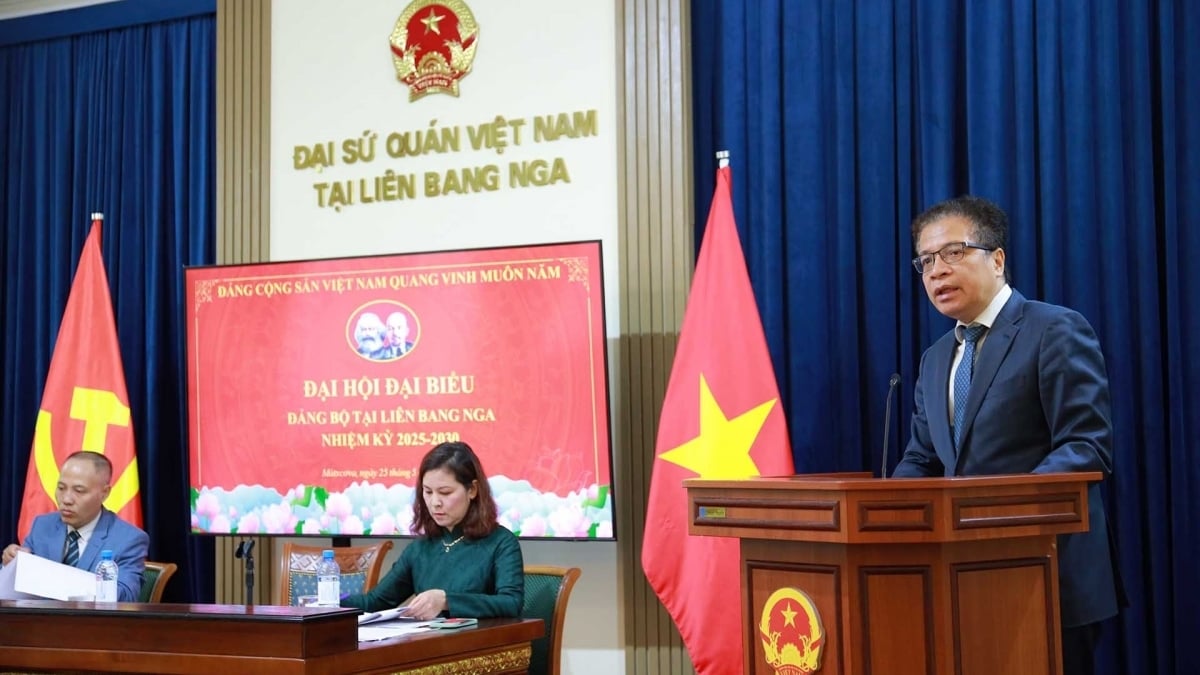

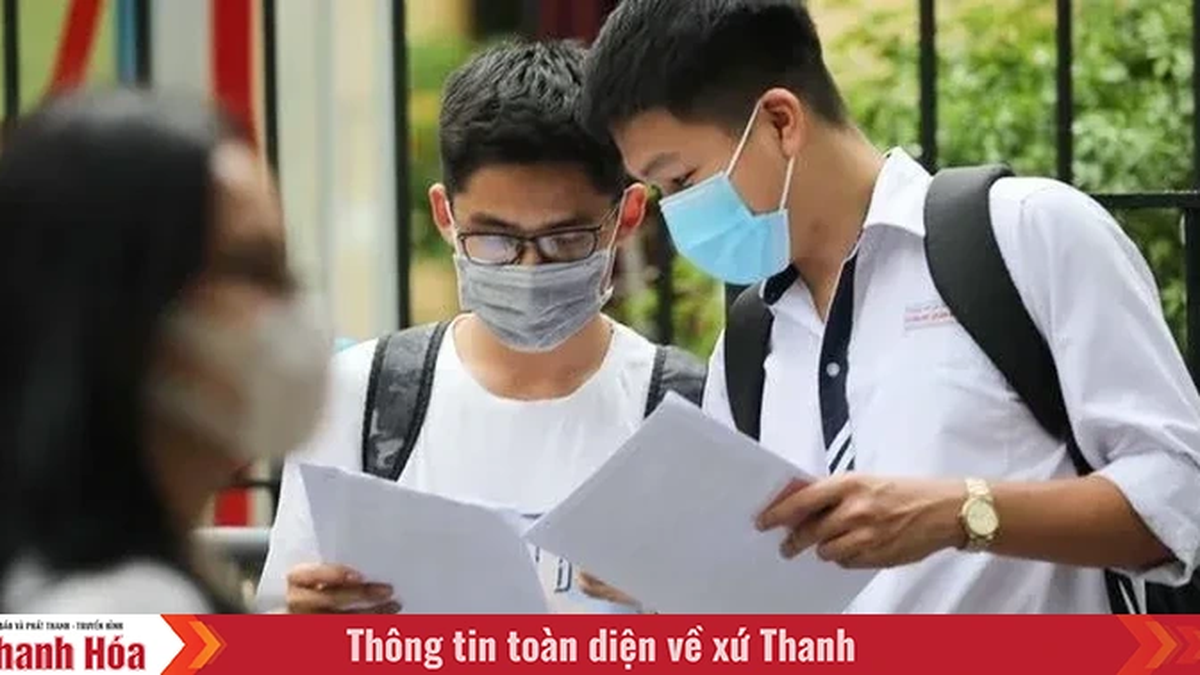


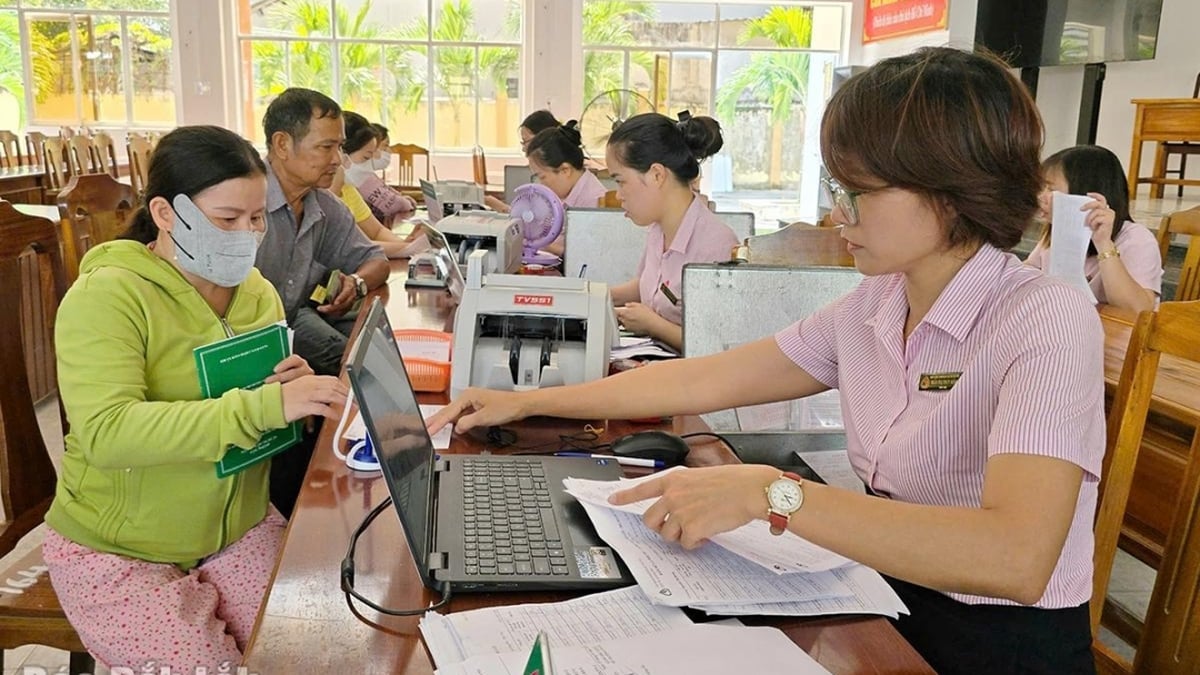












































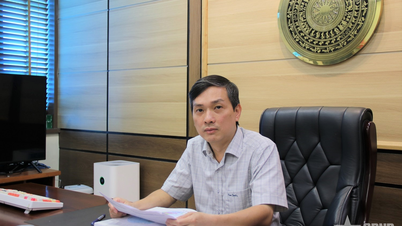

















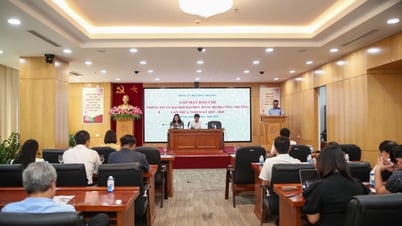


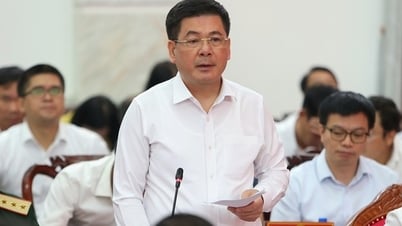

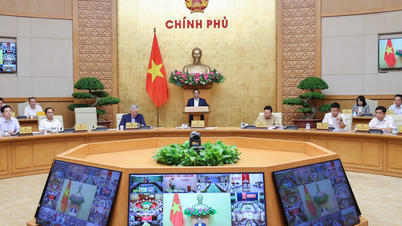

























Comment (0)